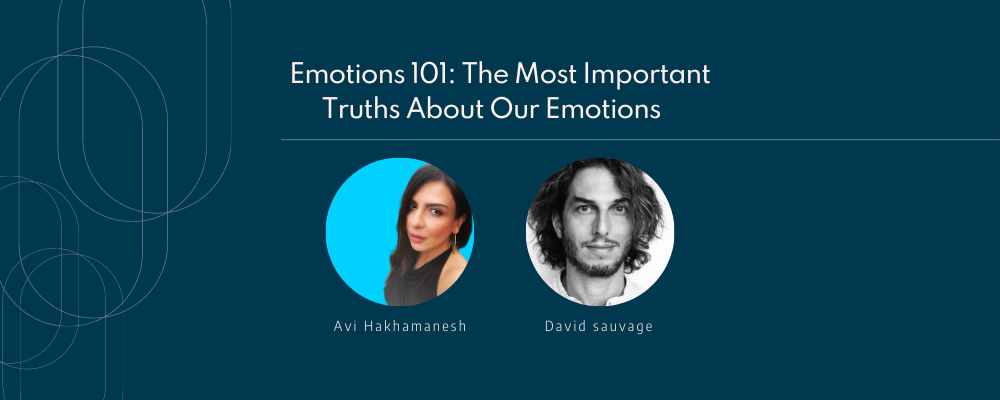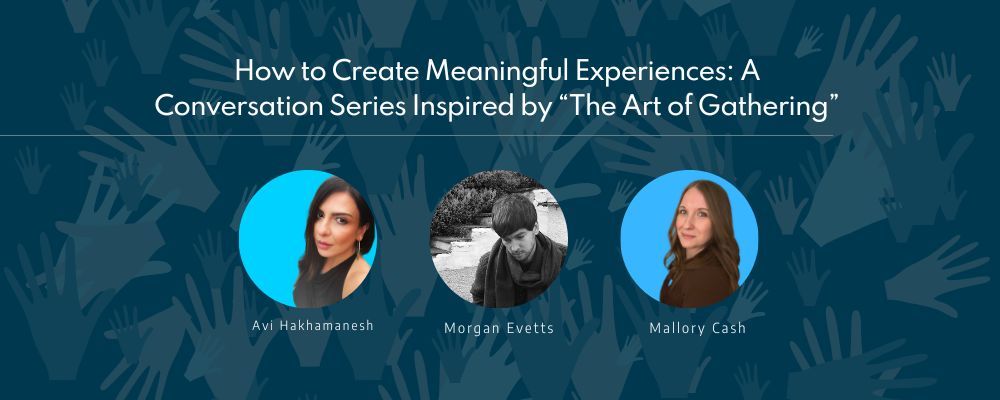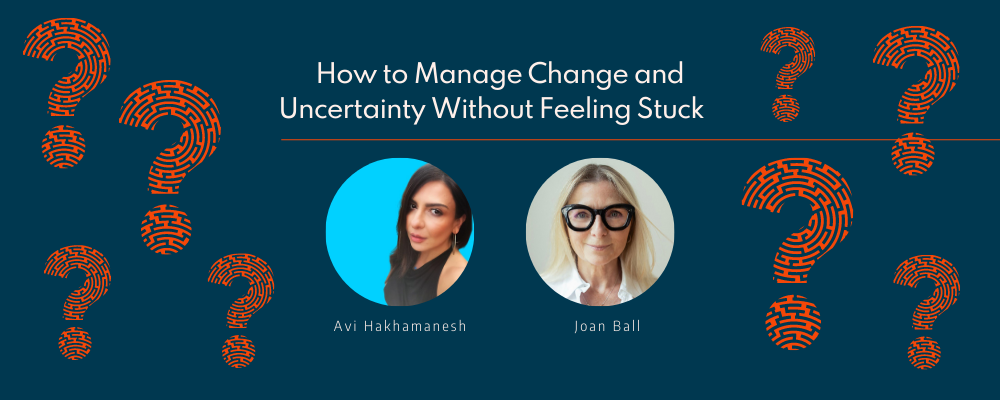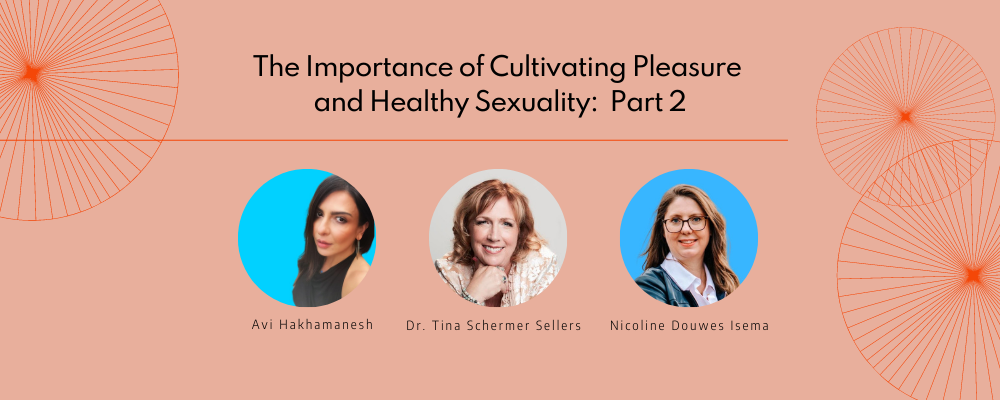Emotions 101: The Most Important Truths About Our Emotions
Although our emotions are the key drivers of our behavior, actions, decisions and patterns, most of us don’t realize their significant role in our lives.
Even as adults, we don’t really understand the purpose of our emotions, how they work, or how to better engage with them. But understanding and engaging with our emotions is key to a deep connection with ourselves, healthy and authentic relationships and a fulfilling life.
For this conversation, I’m joined by my longtime friend, David Sauvage. David teaches emotional intelligence and empathy. He’s also an empath who can feel the feelings of others., and help us all understand our emotions, and ourselves, in a much deeper way.
He has been instrumental to my journey of building a healthy relationship with my own emotions.
We will reveal the most important truths about our emotions, and discuss the benefits and challenges of engaging with them. We’ll also share the reasons that this engagement is key to a meaningful, connected, and fulfilling life.
For a brief overview of key points we discussed, check out the Savvy Takes section below.
SAVVY Takes
Why Our Emotions Matter: Key Truths About Emotions
- The most important thing to understand about emotions is that every single one of them is 100% normal and valid. There is a good reason for every emotion we experience, even if we are not aware of that reason at the time.
- We do not have a choice about the emotions that are arising within us. We can’t simply will our emotions away.
Our emotions are involuntary physiological reactions to our circumstances, which sometimes happen in the moment. But they are often reactions to events from the past we haven’t yet fully processed.
Understanding this deep truth allows us to get curious about our own emotions without judging them. And begin to explore their root causes, as they relate to our present circumstances and our past. - Most of us are in the habit of pushing away or ignoring emotions we don’t want to feel, especially the unpleasant ones like jealousy or sadness, shame or even self-hatred. We avoid them, hoping they’ll just go away.
We tend to convince ourselves that we are not, in fact, feeling jealous or shameful, because the experience of feeling these emotions is so uncomfortable. Often, we also judge ourselves for experiencing them, which makes us feel bad about ourselves. And unworthy. - Emotions are like energies that have a natural path through our nervous system. So if we are open to them, and can engage with them, we can become healthy containers for them to flow through us.
- Emotions are contagious. Sometimes we don’t want friends, family or others who are close to us to feel anxiety or fear, because we are scared that we might be forced to feel those uncomfortable emotions ourselves.
We tell others not to worry, or not to be scared, so we can avoid engaging with these unpleasant emotions ourselves.
But pretending that these emotions aren’t coming up in us doesn’t prevent them from arising or spreading. The best way to manage our emotions individually, or within a group, is to process them. - Our emotions are messengers. They focus our attention on what is important and often compel us to action, which usually puts us in a better emotional state. An example of this is leaving a relationship that often makes us feel angry, sad, or unloved.
But there are BIG complexities with this concept. Since many of our emotions are actually messengers from the past, we might get triggered in a present dynamic because of unprocessed emotions from long ago.
So it becomes really hard to understand their intended message, unless we’ve done the work to develop a healthy relationship with our emotions.
The deep work of healing will help us understand what our intense emotions are saying, not about our present circumstances, but also about our past. - If we suppress our emotions, we temporarily avoid feeling the discomfort of having to deal with them for a while. But just like any form of procrastination, what we don’t deal with tends to grow and get worse.
So when we avoid engaging with our emotions they become more intense, and show up in much unhealthier ways.
Why It’s So Hard to Actually Feel Our Feelings
There are challenges in engaging with our emotions in a real way, and these challenges are actually rooted in the reasons we don’t engage with them in the first place.
- If we grew up in a family where we were not allowed to feel certain things, or show certain feelings, orienting around our true emotions might cause a lot of fear or distrust.
- Much of our lives is oriented around stories that make us feel safe, but that aren’t true. And when we start orienting around our actual emotions, we might start feeling a lot less safe.
We might be telling ourselves a story that we’re happy in a relationship, but when asked to really feel into what’s going on and examine it more deeply, we might discover that we aren’t actually happy in that relationship.
This realization might overcome us with fear, because our relationship might be our only source of stability.
So, oftentimes, we only allow ourselves to feel emotions that feel safe in the context of our work, families, and relationships. And inviting them to surface will most likely cause a good amount of instability. - Getting in touch with our real emotions means that they will also begin to get a lot more intense.
The better we become at feeling our feelings, the more intensely they show up. This might make us want to stop. Or feel that we are not being rewarded for doing this work.
It’s also helpful to remind ourselves that our feelings are intense because we’ve suppressed deep and unpleasant emotions for many years, or even decades. Now that they have found an opening to surface, they are eager to burst through.
This can be overwhelming. It won’t all be unicorns and rainbows. So, it’s important to expect these challenging aspects as part of the process.

BUT, if we don’t engage with our uncomfortable emotions, they might remain under the surface, where we can’t fully access nor be in touch with them. Yet they’ll continue to drive us and our life.
So although engaging with them can be really challenging at times, there are many powerful and life-altering reasons to do our inner work.
4 Important Reasons We Should Actually Feel Our Feelings
- Our emotions, whether pleasant or unpleasant. are the most powerful human experience we can have. And we can’t truly experience our lives fully if we can’t feel them. So if we can learn to make friends with them, and actually feel them, our lives will be so much richer because of it.
- Our emotions also serve as our guides on the path to uncovering and living our true purpose. If we can engage more deeply with our inner world, we have the chance to access and listen to our deepest guidance. This can help us find our own unique path to thriving relationships and a fulfilling life.
- A deeper connection to ourselves will also connect us more deeply to others, so we can become better friends, better parents, and build more meaningful relationships.
- Whatever trauma we don’t work through will be passed on to our kids, generation after generation. And this, in turn, will create more trauma and pain. So, the work we are doing isn’t just for us, but also for the world that we leave behind.
Do we need a better reason than that? Me thinks not!
p.s. If you want to learn more about emotions and emotional self-awareness, check out the below blogs. If you prefer listening, the audio versions are available on the same page.










